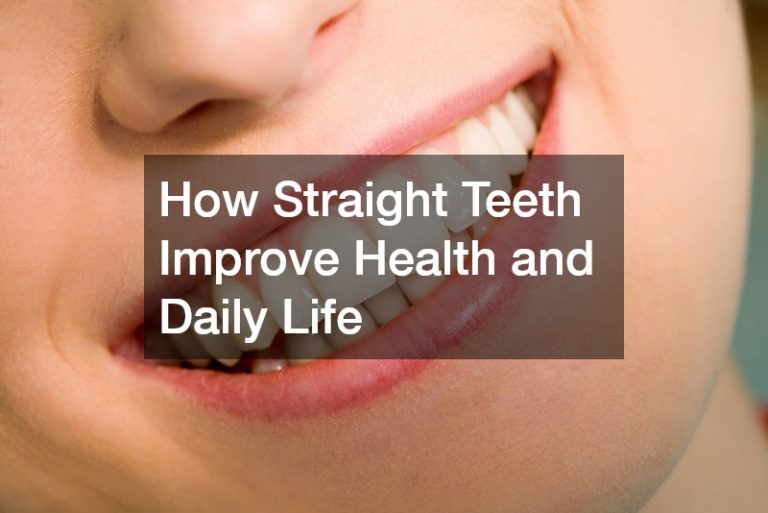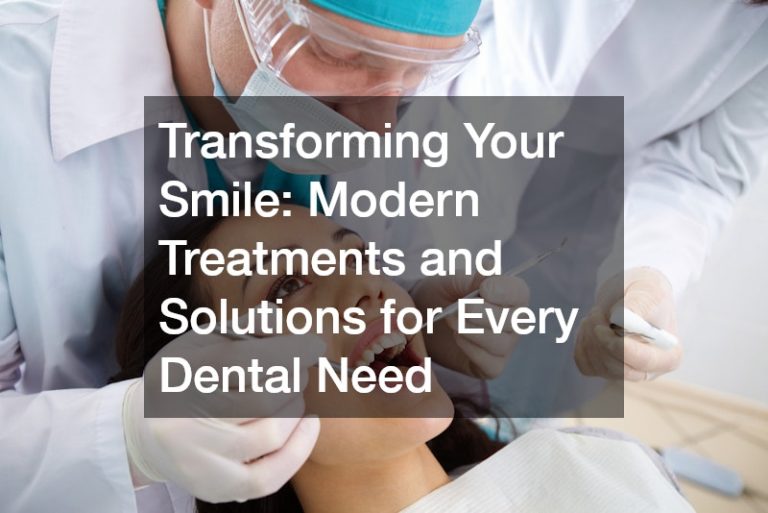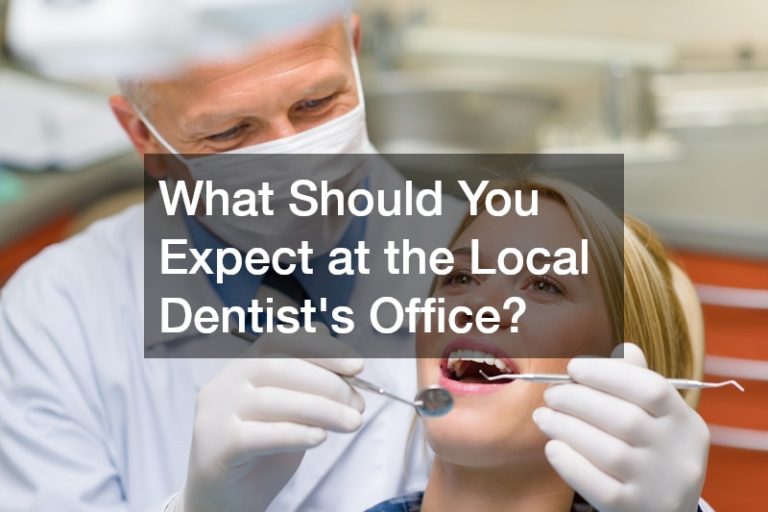

Brushing and flossing are the best ways to keep your mouth free of food particles, and thus free of potential food sources for decay-causing bacteria. But opportunities for decay can come from other places. And one of the main culprits may happen when you’re not even aware of it.
Bruxism is a fancy word for teeth grinding. It’s estimated that five to 20 percent of all Americans grind their teeth, either in the day or throughout the night — but of that group, only four out of every five are aware that they’re grinding their teeth at all.
It’s a noisy problem, to be sure, but the danger may go beyond simply disturbing your spouse’s sleep. Untreated chronic bruxism can damage the enamel of your teeth, leading to cracks, chips, fractures, and even tooth loss. Even mild bruxism can wear down the enamel enough to open the door for decay.
If you brush and floss regularly, only to find out at your next dental checkup that you have decay and damaged enamel, you may be an unknowing sufferer of bruxism. Your dentist can check for the tell-tale signs on your teeth, but you should try to be aware, too, of any recurring headaches or jaw pain upon waking, either of which may be symptoms of nighttime grinding.
Upon diagnosis, your dentist can recommend courses of action to alleviate your bruxism symptoms. Dental guards (also called “bite splints”) are a common treatment: a plastic guard is worn over the teeth throughout the night, maintaining a distance between the teeth of the upper and lower jaws, and stopping the unnecessary wear and tear on your enamel. Night mouth guards can be custom-made by your dentist or purchased in your local drug store.
If you suspect you might grind your teeth at night, ask your spouse. It’s possible they’ve been suffering through your grinding as well, but didn’t want to say anything about it. If you live alone, ask your dentist to check for unnatural enamel wear during your next appointment. Relief — and healthier enamel — could be closer than you think.


